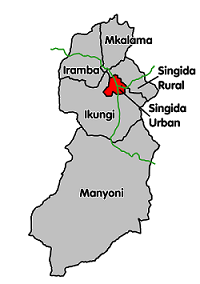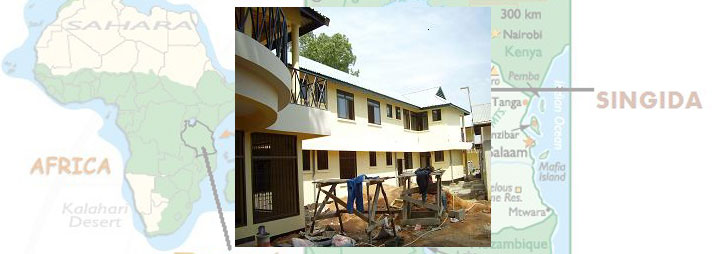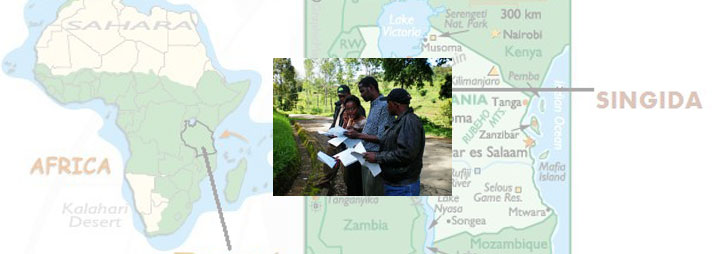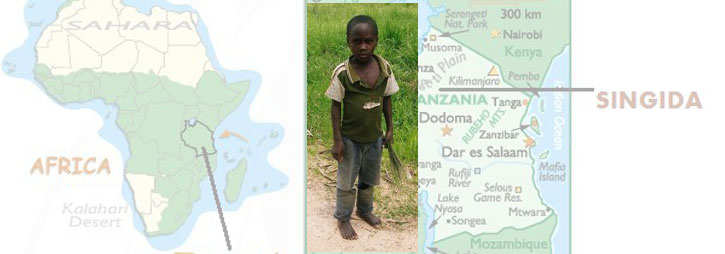Most Recently (2023)
Over the last two years the focus of our support has moved to the Faraja Centre in Singida town and to four health centres and dispensaries situated in remote rural areas of Singida.
The Faraja programmes provide palliative care and work to counter human trafficking, a particular problem in the Singida region due to its geographic location.
Activities During 2018
| Funding equipment for much-needed Physiotherapy facilities |
| Providing infrastructure for infection control |
| Enabling the provision of theatre equipment |
| Funding laboratory equipment for important diagnostic tests |
| Supporting staff training and education |
| Find out more about our 2018 activities at Cork-Singida Newsletter |
 |
Previous Projects
Building Staff Hostel
The Hostel Project was initiated to address an acute shortage of accommodation for hospital staff and volunteers which has made it difficult for the hospital to retain staff. The Partnership has contributed €120,000 to the construction of the Hostel, more than a third of the total cost. The hostel, which was completed in 2015, comprises two wings, one with 15 self contained rooms for visitors and the other with 10 self contained living apartments for staff.

Rain Water Harvesting Project
We have also made a donation of €40,000 to build underground tanks to collect rainwater to support boreholes that are at present the only water resource. The water is pure enough even to be used for drips and infusions.

Purchase of Toyota Land Cruiser
In 2003 a Toyota Land Cruiser was purchased to service an outreach clinic and also to travel long distances (the Hospital is 500Km up-country from Dar es Salaam). In addition, it is used to bulk purchase drugs and medical equipment.

Cork-Singida Scholarship
The partnership was instrumental in a Cork-Singida Scholarship being created by the College. The first holder of the Scholarship, Fr. Elias Gunda, completed his honours Arts degree in Autumn 1996 and is now working in Singida. The second holder of the Scholarship is Dr. M.T. Kaare, who underwent further surgical training in the Cork University Hospital.

